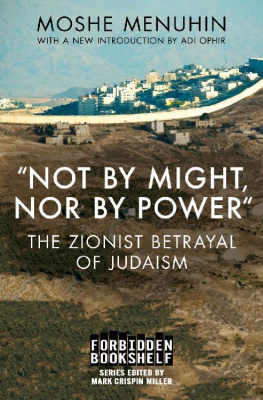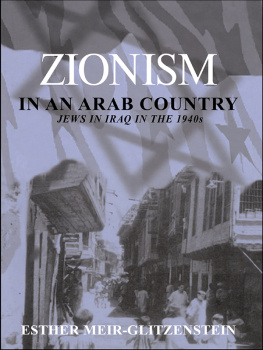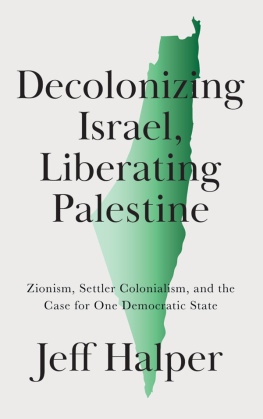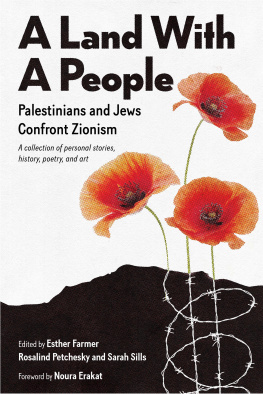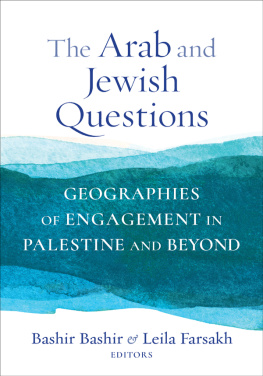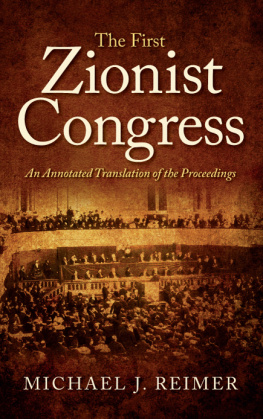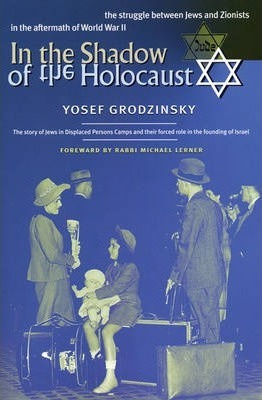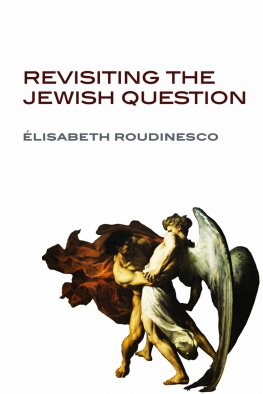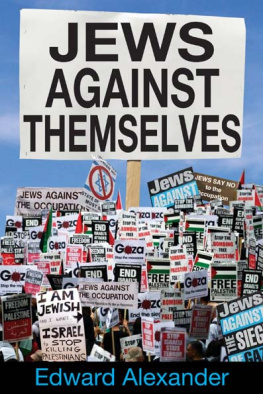
EARLY BIRD BOOKS
FRESH EBOOK DEALS, DELIVERED DAILY
BE THE FIRST TO KNOW
NEW DEALS HATCH EVERY DAY!

Not by Might, Nor by Power
The Zionist Betrayal of Judaism
Moshe Menuhin

CONTENTS
Series Introduction
I
We the people seem to have the freest book trade in the world. Certainly we have the biggest. Cruise the mighty Amazon, and you will see so many books for sale in the United States today as would require more than four hundred miles of shelving to display thema bookshelf that would stretch from Bostons Old North Church to Fort McHenry in South Baltimore.
Surely that huge catalog is proof of our extraordinary freedom of expression: The US government does not ban books, because the First Amendment wont allow it. While books are widely banned in states like China and Iran, no book may be forbidden by the US government at anylevel (although the CIA censors books by former officers). Where books are banned in the United States, the censors tend to be private organizationschurch groups, school boards, and other local (busy)bodies roused to purify the public schools or libraries nearby.
Despite such local prohibitions, we can surely find any book we want. After all, its easy to locate those hot works that once were banned by the government as too obscene to sell, or mail, until the courts ruled otherwise on First Amendment groundsFanny Hill, Howl, Naked Lunch. We also have no trouble finding books banned here and there as antifamily, Satanic, racist, and/or filthy, from Huckleberry Finn to Heather Has Two Mommies to the Harry Potter series, just to name a few.
II
And yet, the fact that those bold books are all in print, and widely read, does not mean that we have the freest book trade in the world. On the contrary: For over half a century, Americas vast literary culture has been disparately policed, and imperceptibly contained, by state and corporate entities well placed and perfectly equipped to wipe out wayward writings. Their ad hoc suppressions through the years have been far more effectual than those quixotic bans imposed on classics like The Catcher in the Rye and Fahrenheit 451. For every one of those bestsellers scandalously purged from some provincial school curriculum, there are many others (we cant know how many) that have been so thoroughly erased that few of us, if any, can remember them, or have ever heard of them.
How have all those books (to quote George Orwell) dropped into the memory hole in these United States? As America does not ban books, other meansless evident, and so less controversialhave been deployed to vaporize them. Some almost never made it into print, as publishers were privately warned off them from on high, either on the grounds of national security or with blunt threats of endless corporate litigation. Other books were signed enthusiasticallythen dumped, as their own publishers mysteriously failed to market them, or even properly distribute them. But it has mainly been the press that stamps out inconvenient books, either by ignoring them, ormost oftenlaughing them off as conspiracy theory, despite their soundness (or because of it).
Once out of print, those books are gone. Even if some few of us have not forgotten them, and one might find used copies here and there, these books have disappeared. Missing from the shelves and never mentioned in the press (and seldom mentioned even in our schools), each book thus neutralized might just as well have been destroyed en masseor never written in the first place, for all their contribution to the public good.
III
The purpose of this series is to bring such vanished books to lifefirst life for those that never saw the light of day, or barely did, and second life for those that got some notice, or even made a splash, then slipped too quickly out of print, and out of mind.
These books, by and large, were made to disappear, or were hastily forgotten, not because they were too lewd, heretical, or unpatriotic for some touchy group of citizens. These books sank without a trace, or faded fast, because they tell the sort of truths that Madison and Jefferson believed our Constitution should protecttruths that the people have the right to know, and needs to know, about our government and other powers that keep us in the dark.
Thus the works on our Forbidden Bookshelf shed new lightfor most of us, its still new lighton the most troubling trends and episodes in US history, especially since World War II: Americas broad use of former Nazis and ex-Fascists in the Cold War; the Kennedy assassinations, and the murders of Martin Luther King Jr., Orlando Letelier, George Polk, and Paul Wellstone; Ronald Reagans Mafia connections, Richard Nixons close relationship with Jimmy Hoffa, and the mobs grip on the NFL; Americas terroristic Phoenix Program in Vietnam, US support for South Americas most brutal tyrannies, and CIA involvement in the Middle East; the secret histories of DuPont, ITT, and other giant US corporations; and the long war waged by Wall Street and its allies in real estate on New York Citys poor and middle class.
The many vanished books on these forbidden subjects (among others) altogether constitute a shadow history of Americaa history that We the People need to know at last, our country having now become a land with billionaires in charge, and millions not allowed to vote, and everybody under full surveillance. Through this series, we intend to pull that necessary history from the shadows at long lastto shed some light on how America got here, and how we might now take it somewhere else.
Mark Crispin Miller
Introduction by Adi Ophir
I
This book presents a thorough critique of Zionismthe ideology, the mass movement, the colonial project, the nation-state to which it eventually gave rise, and the policies the new State carried out in the name of that ideology. The Decadence of Judaism in Our Time (as it was then titled) first appeared in 1965, published by Exposition Press, a small vanity house that refused to advertise the book, or even distribute it. Four years later, it was reprinted (with a postscript written in the wake of the Six-Day War in 1967) by the Institute of Palestine Studies in Beirut.
The Palestinian embrace of Menuhins wholesale critique of Zionism could not help him reach the Jewish readership he was hoping to persuade: Menuhin wrote as a Jew, and treated Zionism as a Jewish affair. Although he was concerned with its impact on Jews and non-Jews alike, Menuhin dealt with Zionism from an emphatically Jewish point of view, treating the Zionist movement, and the young Jewish State that claimed to embody it, as a most urgent Jewish problem. But very few Jews were willing to listen. The stories Menuhin told, the documents he quoted, his passionate plea for an alternative account of Zionist history and events in Israel/Palestine, and for a different kind of Judaismall went unheard, and were forgotten.
By 1965, and even more so after the war in 1967, Menuhin had little chance of reaching anyone even slightly sympathetic to the Zionist cause and the state of Israel. He was labeled an extremist and an anti-Semite, vilified, and shunned. That reception is not hard to understand. Menuhin was not very nuanced in his accusations, nor very sophisticated or sufficiently detached in his historical analyses, which he did not care to separate from his personal memories, or from his moral and political judgments. He bluntly cast Israels Zionist leadership, the heroes of Israels War of Independence (1948) and the Six-Day War (1967), as a militarist, nationalist junta, calling them international gangsters, and Jewish Nazis. He described the building of settlements by the Jewish migrant pioneers as a form of colonialism (nave at first, then militant and nationalist), and pointed out the racist elements in Zionist ideology, even daring to liken them to Nazism.
Next page
